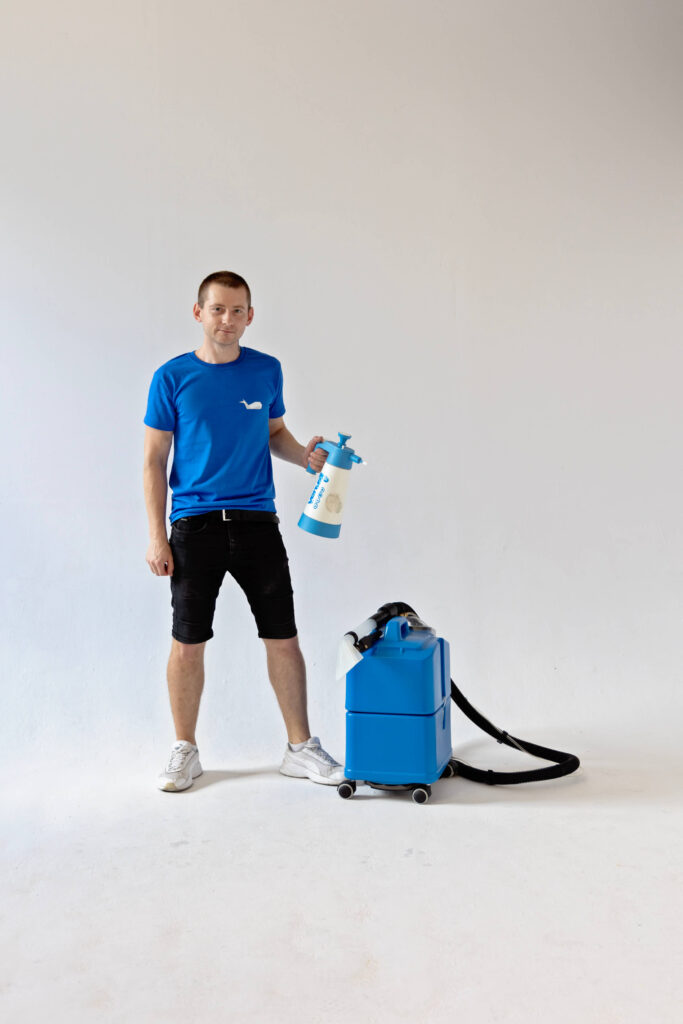Unlock Your Future: A Comprehensive Guide to Becoming a Plumber in Germany
Have you ever considered a career that not only offers job stability but also lucrative earnings? If so, becoming a plumber in Germany may be your ideal path. With an ever-growing demand for skilled tradespeople, the plumbing sector provides ample opportunities for those willing to invest time and effort. In this guide, we’ll explore everything you need to know about starting your plumbing career in Germany, including requirements, training programs, job prospects, and frequently asked questions to help you navigate your journey with confidence.

Why Choose a Career in Plumbing in Germany?
Before delving into the steps to become a plumber, let’s discuss why plumbing might be the right career for you.
-
High Demand: According to the Federal Employment Agency (Bundesagentur für Arbeit), there has been a consistent shortage of skilled tradespeople, including plumbers, in Germany. This trend is expected to continue, with the plumbing sector projected to grow significantly over the next decade.
-
Job Security: With a stable job market and ongoing demand, becoming a plumber offers excellent job security. For individuals looking for a reliable profession, this is a major advantage.
-
Attractive Salaries: Entry-level plumbers in Germany earn competitive salaries, often starting at around €30,000 per year, with potential earnings reaching €50,000 or more with experience and specialization.
How to Become a Plumber in Germany: Step-by-Step Guide
Step 1: Understanding the Requirements
To become a plumber in Germany, you need to meet several key requirements:
- Age Requirement: You must be at least 16 years old.
- Educational Background: While a secondary school diploma (Realschulabschluss) is often required, vocational training can sometimes substitute for this requirement.
- Language Skills: Proficiency in German is essential, as you will need to communicate effectively with clients and colleagues. Completing a German language course will be beneficial.
Step 2: Completing an Apprenticeship (Ausbildung)
The next step is securing an apprenticeship, which typically lasts three and a half years. This program is critical as it combines hands-on training with theoretical knowledge.
- Finding an Apprenticeship: You can search for available positions on job portals such as Ausbildung.de, Indeed, or local trade associations.
- What to Expect: Apprentices will learn about plumbing systems, installations, repairs, safety regulations, and customer service.
Step 3: Final Exams and Certification
Upon completing your apprenticeship, you will need to take final exams. Successfully passing these will grant you the title of "Geselle," or journey-level plumber.
- Certification Process: Certification usually involves both practical and theoretical tests to ensure you are fully qualified to work independently.
Step 4: Specializing
After becoming a certified plumber, you have the option to specialize in areas such as:
- Sanitary Technology
- Heating Systems
- Renewable Energy Installations
- Building Services Engineering
Gaining specialization through further training can significantly enhance your career prospects.
Step 5: Ongoing Training and Development
Continuing education is paramount in a field that’s always evolving with new technologies and regulations. Look into workshops and online courses that can help you stay updated on the latest trends.
Frequently Asked Questions about Becoming a Plumber in Germany
-
How long does it take to become a plumber in Germany?
While the apprenticeship typically lasts about three and a half years, accelerated programs or previous experience may shorten this duration. -
Is it hard to find a plumbing job in Germany?
Given the current demand for plumbers, job opportunities are quite favorable, especially for those who are trained and certified. -
Can I work as a plumber in Germany if I was trained abroad?
Yes, but you’ll need to validate your qualifications and ideally complete a language proficiency test to ensure effective communication. -
What are the earning potentials for plumbers in Germany?
Entry-level plumbers can earn from €30,000 to €35,000 annually, while experienced professionals can earn upwards of €50,000 to €60,000, depending on location and specialization.
Conclusion
Becoming a plumber in Germany is not just a job; it’s an opportunity for a rewarding career filled with potential. With high demand for professionals in this field, exceptional job security, and attractive earning potential, now is the ideal time to embark on this journey. By following the outlined steps—understanding requirements, completing an apprenticeship, certification, specializing, and continuing education—you can confidently pave your way toward a successful plumbing career.
Take that first step today, and who knows? You might soon be fixing pipes and installing heating systems while enjoying the satisfaction that comes with providing essential services to your community. Don’t miss out on this growing trade—start your journey to becoming a plumber in Germany and secure your future today!















